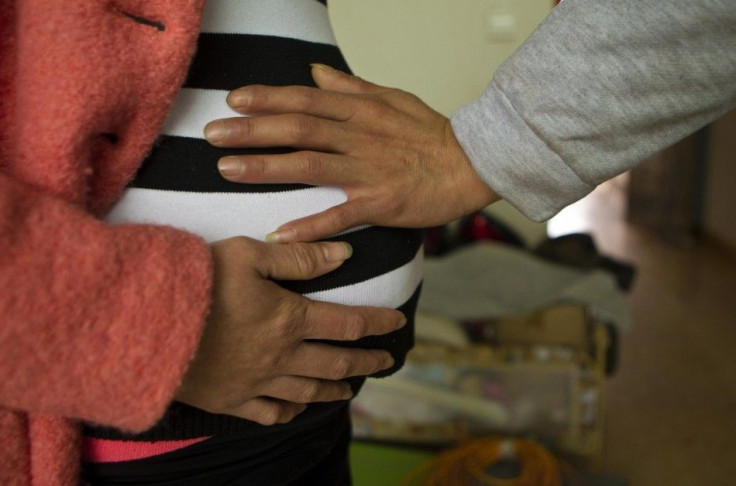'Safer' Kisspeptin IVF Shows Promise
Kisspeptin a Better Alternative To hCG

A naturally occurring hormone, kisspeptin, was injected into a woman's ovaries to produce eggs. This hormone stimulates ovulation and makes the eggs mature. The treatment proved effective and the twelve babies were born after the women were administered the treatment. UK doctors say that it is a potentially safer way of getting eggs for use in IVF.
Normally another hormone, hCG is administered for this purpose. But it is seen that in some women there is a risk of overstimulation of the ovaries which can lead to kidney failure ultimately resulting in life-threatening consequences
A study to test the new method was funded by the Medical Research Council, the National Institute for Health Research and the Wellcome Trust. It was conducted by scientists at Imperial College London and clinicians at Imperial College Healthcare NHS Trust and was published in the Journal of Clinical Investigation. The study tested 53 healthy volunteers at Hammersmith Hospital London. Eggs were successfully collected from 51 women, of whom 12 have since given birth.
The problem of infertility is high in the UK with nearly one in six couples experiencing infertility. Several women undergoing the IVF treatment and nearly a third of the IVF patients are affected by Ovarian hyperstimulation syndrome (OHSS). Researchers look towards kisspeptin as a potential treatment for infertility, preventing ovarian hyperstimulation syndrome (OHSS), but larger trials are needed to fully assess safety.
"OHSS is a major medical problem. It can be fatal in severe cases and it occurs in women undergoing IVF treatment who are otherwise very healthy. We really need more effective natural triggers for egg maturation during IVF treatment, and the results of this trial are very promising," said Professor Waljit Dhillo, from the Department of Medicine at Imperial College London, who led the study.
Kisspeptin was found to be an essential hormone involved in the menstrual cycle without which people will not reach puberty. It also has several advantages over hCG, which remains in the blood for a much longer time post injection resulting in overstimulation. Kisspeptin is gentle and is broken down fast, so the risk of overstimulation is much lesser.
The hormone proved successful when 51 out of 53 women in the study developed mature eggs, 49 had fertilized embryos transferred to the uterus and 12 became pregnant. "It was the best outcome you could have wanted, it was a really triumphant moment," said Dhillo.
Researchers aim at a second study in women with polycystic ovary syndrome, they have the highest risk of OHSS. "Our study has shown that kisspeptin can be used as a physiological trigger for egg maturation in IVF therapy. It's been a joy to see 12 healthy babies born using this approach. We will now be doing more studies to test whether kisspeptin reduces the risk of OHSS in women who are most prone to developing it, with a view to improving the safety of IVF therapy," informed Dhillo.
Prof David Adamson, of the International Federation of Fertility Societies, said that the study was interesting as it identified an additional new drug that could potentially make IVF, an already safe procedure, even safer. "Other effective strategies to prevent OHSS are already in clinical practice, and the new drug would have to go through large clinical trials to confirm its efficacy, safety and equivalence to these other medications currently in use," he added.




















